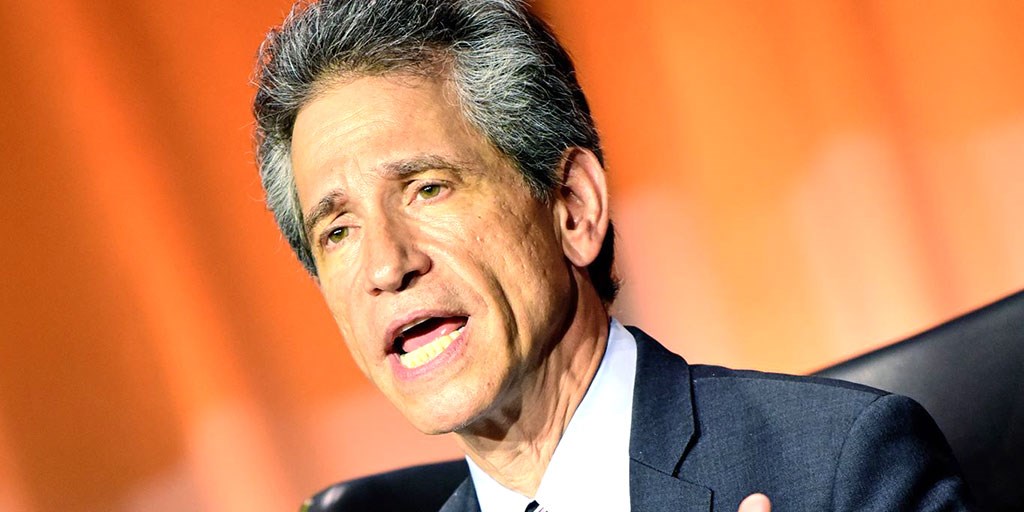Stewart Kohl leads a global private equity firm with more than $6 billion in assets under management and nearly 500 acquisitions under its belt. None of that would have been possible if Kohl had not taken the time to prepare for each negotiation.
“Preparation is so important,” says Kohl, co-CEO at The Riverside Co. “Persistence and grit could be the most significant determinants of success. We’ve built processes at Riverside that have turned the deal business — once viewed as lightning in a bottle — into something replicable. It’s the only way we could have invested in 44 companies last year alone and over 480 in our history. It all comes down to preparation and process.”
Kohl spoke with Smart Business Dealmakers about the deals he won, the deals he lost and what it all taught him.
What are your keys to getting a deal done?
First, buy the right company – with a defensible niche and compelling value proposition – in the right industry. Next, quickly improve the management team by adding top-level talent and/or replacing underperforming executives. Then improve the company’s management information systems and take advantage of opportunities to close pricing leaks and reduce costs. And finally, supercharge growth through add-on acquisitions that are then properly integrated.
How does culture fit into the PE equation?
Culture is paramount. As Peter Drucker once said, “Culture eats strategy for breakfast.” We often say that values matter, and that is much more than lip service. True partners need to share a vision, goals and values to succeed together. Align interest by investing with partners who retain a meaningful stake in their businesses. Package compensation in a way that rewards performance and growth.
Do you think CEOs understand the role of PE investors?
Some people think of private equity as financial engineers who are just trying to leverage up and then cut costs to make money, but nothing could be further from the truth. In almost all situations, the only way for a private equity investor to make money is to help the company become bigger and better. The best private equity firms use proven skills and tools to accomplish this outcome on a regular basis. They often partner with the company founder/owner and work together toward a common goal with a strong alignment in terms of risks and rewards.
Who made you the dealmaker you are today?
I’ve been blessed by some great mentors who have taught me so much. Harvey Sigelbaum, a longtime business leader and senior adviser at Riverside, taught me the importance of relationships. Cleveland investment pro and philanthropist Morton Mandel, who wrote “It's All About Who You Hire, How They Lead...and Other Essential Advice from a Self-Made Leader,” is another influence. The book looks at Mandel’s approach to finding, recruiting and cultivating “A” players. It’s a great read. My co-CEO and business partner Béla Szigethy, who is really good at simplifying complex matters, always searches for the essential kernel and thinks outside the box.
What is one of your biggest regrets?
It has been said that all good deals are fundamentally the same, but all losing ones are different. However, a few deals are really memorable for a different reason — big winners that we missed. We could have bought Burt’s Bees for a fraction of the almost $1 billion that Clorox paid many years later. It would have been life-changing for us and our investors. But we got nervous as the purchase price multiple went up and ultimately another buyer was much smarter. It’s those ones that got away that hound me at night. I see those scars every morning when I wake up.
What other tips can you share from one dealmaker to another?
- First, make sure you know what your objective is and know that it won’t be easy. It takes a lot of work to prepare a company for sale, to make the process go smoothly and to maximize the price.
- Get great advisers. Lawyers, accountants and bankers really earn their fees – or don’t – in these processes.
- Do your due diligence. Don’t cut corners.
- Pick the right partner.
- Keep your eyes on the prize. Despite all of these challenges, when it works, it can be remarkably fun and life changing for you, your company and your employees — and even for your community.
How to reach: The Riverside Co., www.riversidecompany.com




